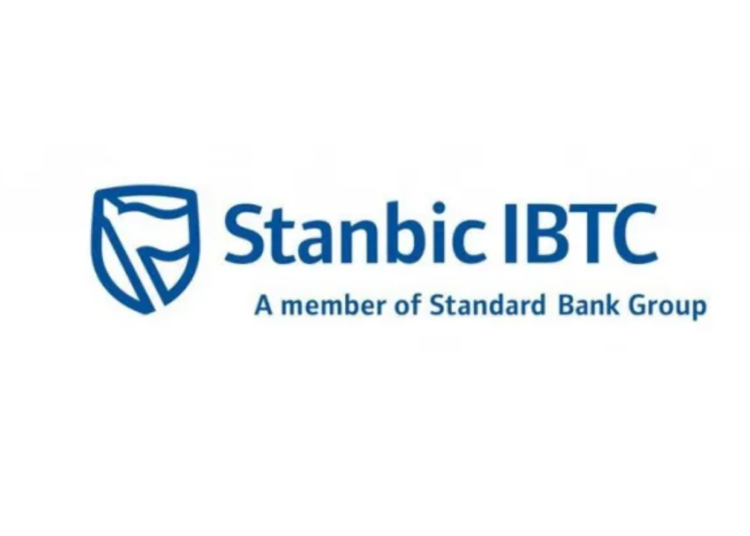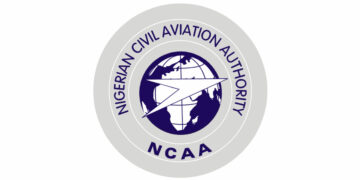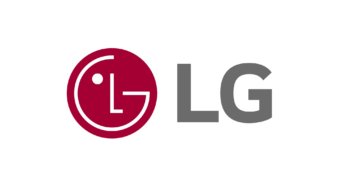The latest Africa Trade Barometer has revealed that Nigeria has moved up four positions from eighth to forth in the country rankings.
The Stanbic IBTC Holdings Plc shared some of its latest findings from the Africa Trade Barometer 2023 Issue three report. The report, which assesses key economic indicators in Africa, highlights several noteworthy developments across African countries.
According to the latest Africa Trade Barometer, Nigeria has moved up four positions from eighth to fourth in the country rankings. The recently launched and highly anticipated Africa Trade Barometer provides valuable insights into Africa’s trade dynamics and opportunities. This edition highlights Nigeria’s significant role in shaping the continent’s trade landscape, comprehensively analysing its current state and prospects.
The index rankings are based on seven thematic categories, including trade openness, access to finance, macroeconomic stability, infrastructure, foreign trade, governance economy, and trade financial behaviour. Changes in a country’s ranking are driven by changes in their aggregate score and relative ranking against other countries. Rankings are relative to the 10 countries in the index and pegged on a scale of 0 -100.
South Africa has the highest tradability index, while Angola has the lowest. Nigeria’s improvement in the Trade Barometer ranking is due to advances in the Quantitative Trade Barometer (QTB) and Survey Trade Barometer (STB) rankings. The country moved up from position seven to four in the Standard Bank (SB) QTB ranking and from 8 to 5 in the SB STB ranking.
This achievement is attributed to significant improvements in business confidence scores, ease of access to credit, and government support for trading activities.
The report also deeply examines Nigeria’s export and import statistics, showcasing its major trading partners and critical industries. By analysing the country’s trade policies and emerging trends, stakeholders gain a holistic understanding of the Nigerian market and its growth potential.
One of the critical areas of focus within the report is identifying challenges Nigerian businesses face in international trade. It delves into infrastructure gaps, regulatory complexities and logistical bottlenecks; consequently offering insight into strategic measures taken by the Nigerian government to address these issues and enhance trade competitiveness.
The 2023 African Trade Barometer highlighted the policies and initiatives implemented by Nigeria to attract foreign direct investment (FDI) and promote trade diversification. The report explored investment opportunities in sectors such as agriculture, manufacturing, technology, and renewable energy, providing a valuable resource for local and international businesses seeking to expand their operations in Nigeria.
The chief executive, Stanbic IBTC Bank, Wole Adeniyi said “we are excited about this comprehensive report, specifically focusing on Nigeria, which plays a pivotal role in African trade.
“Through our detailed analysis, we provide stakeholders with a deep understanding of Nigeria’s trade landscape, the challenges, opportunities and potential for growth. This report will contribute significantly to Africa’s overall trade narrative.”





